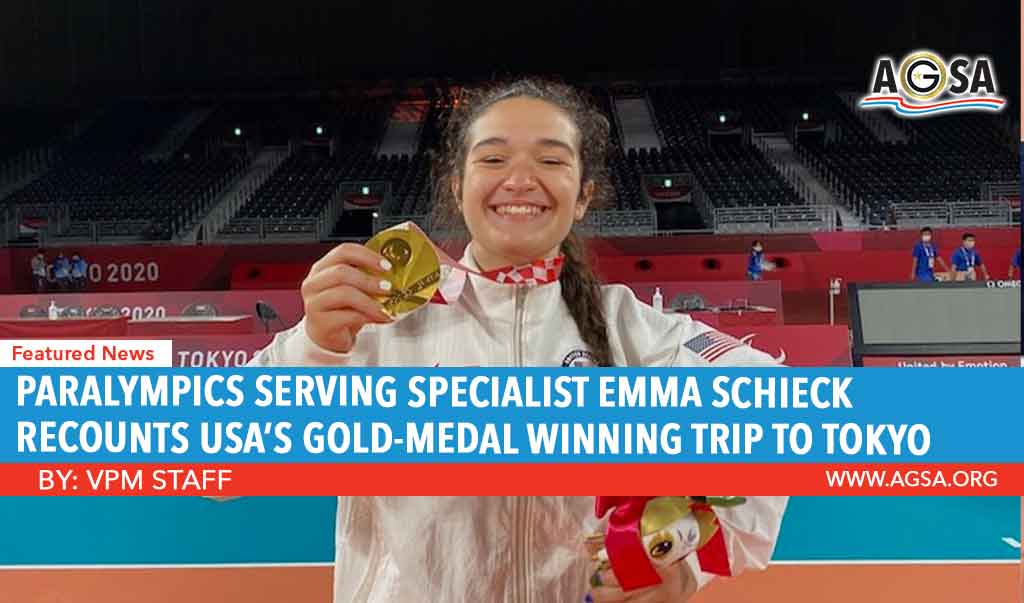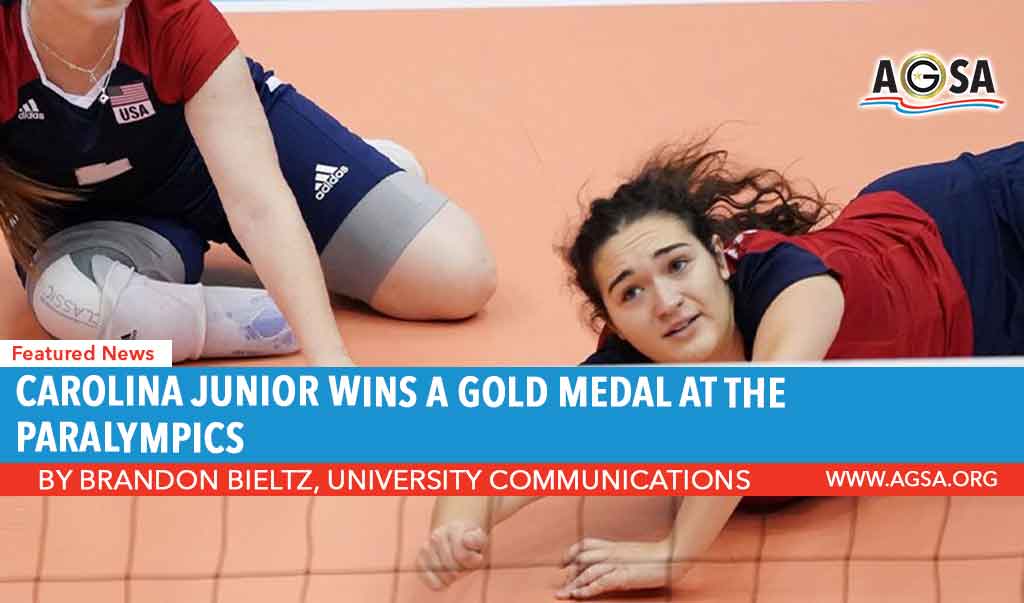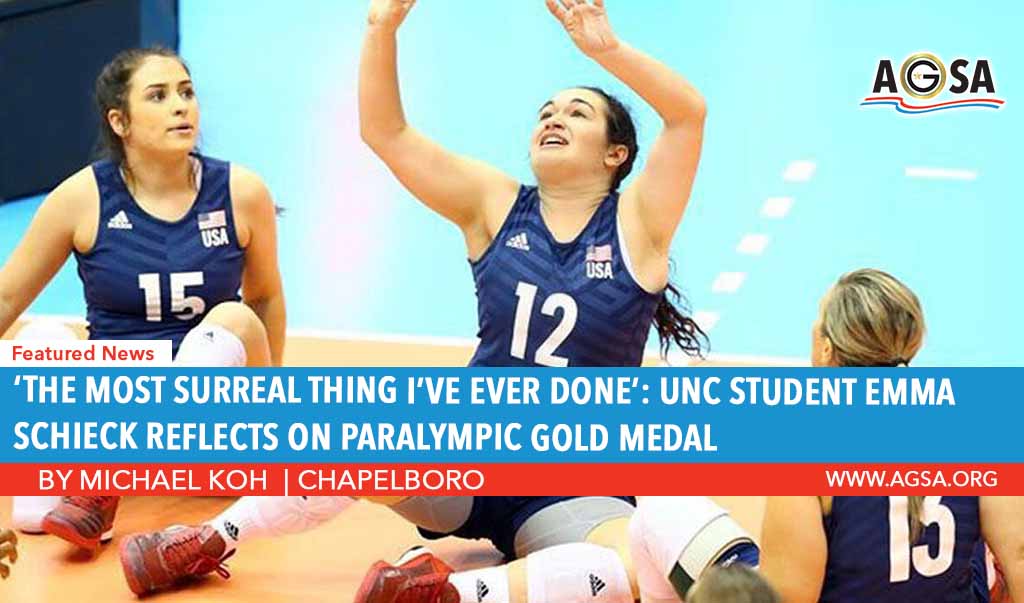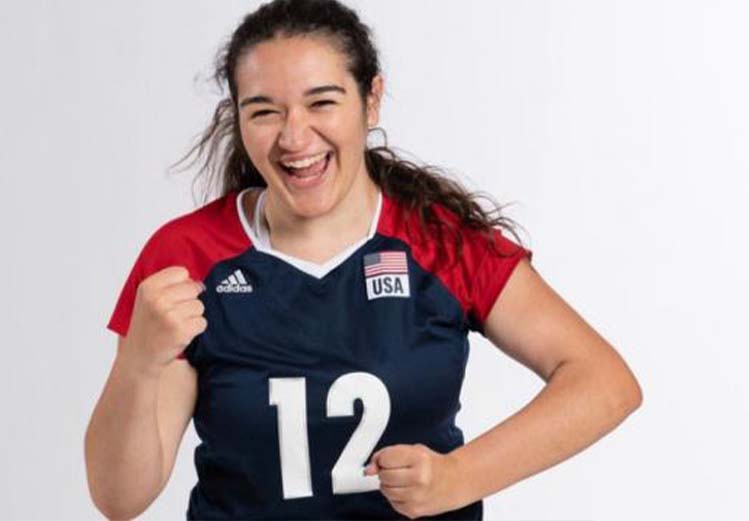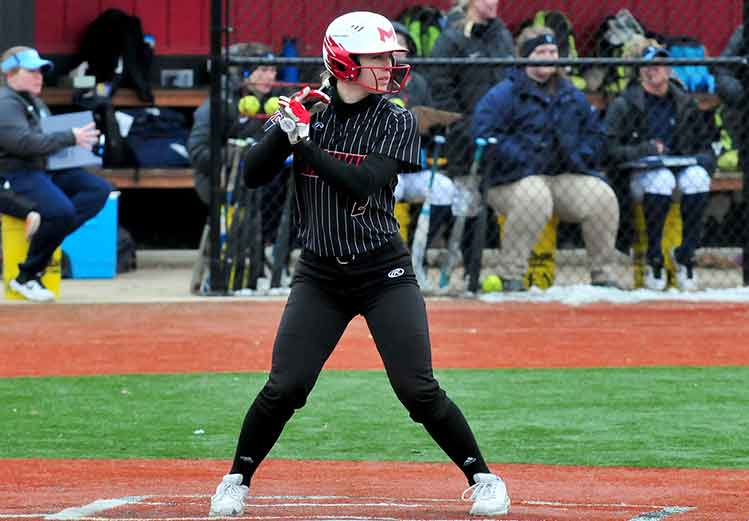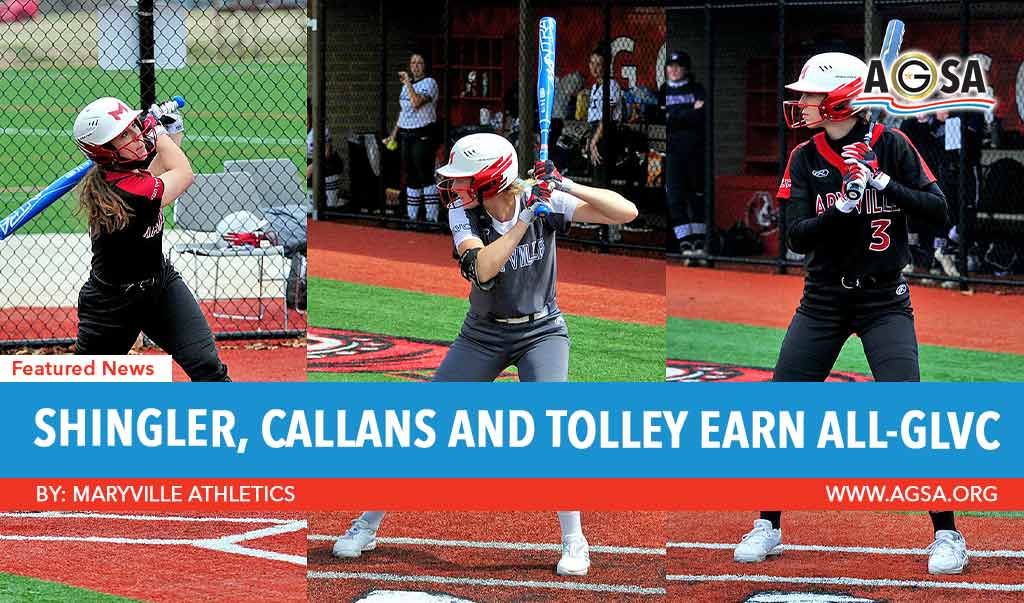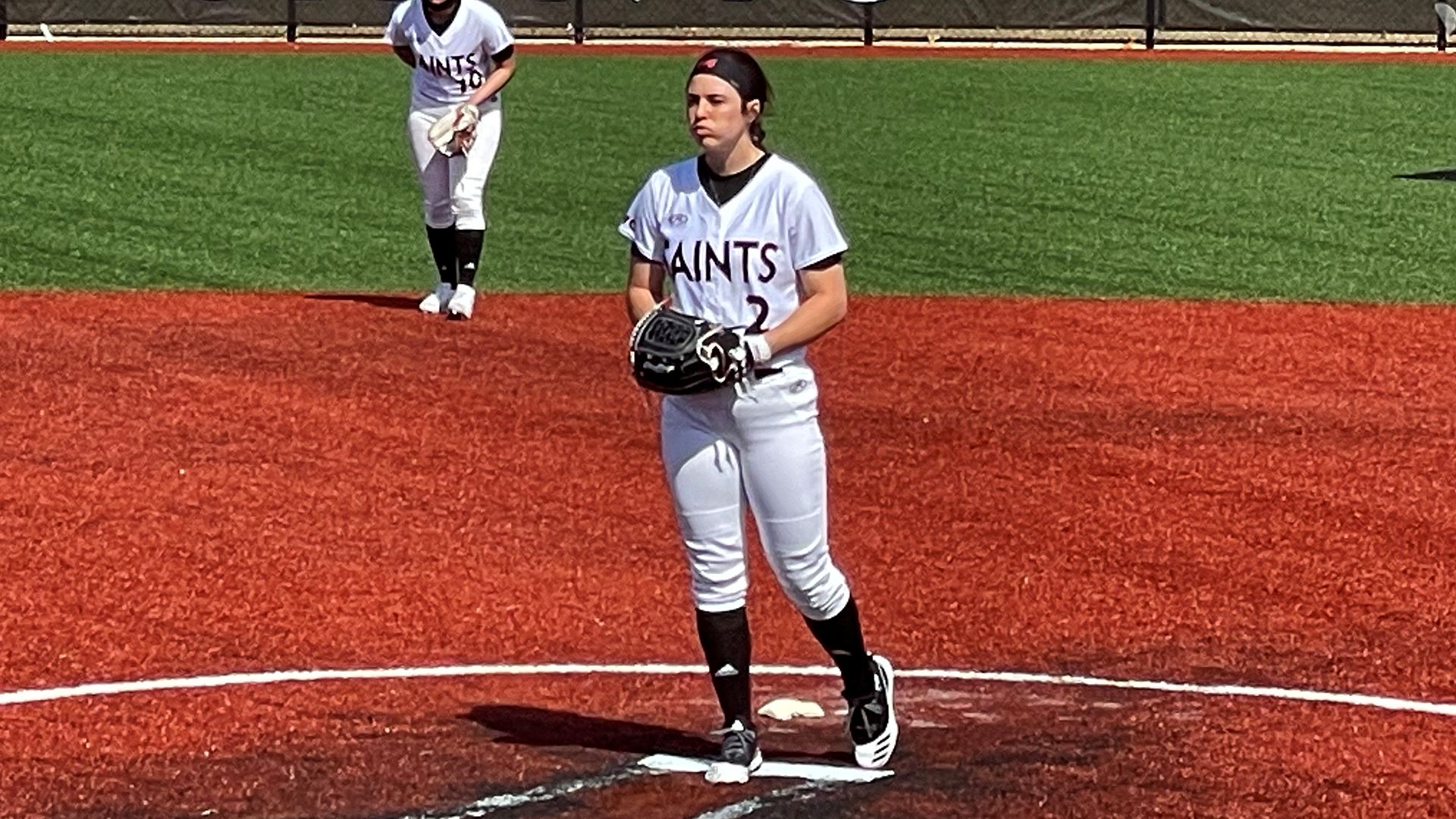
SITTING VOLLEYBALL
Emma Schieck is a junior at the University of North Carolina at Chapel Hill. This native of Statesville, North Carolina started playing volleyball when she was just seven years old. Due to complications at birth, she suffered nerve damage which affected her left shoulder/arm. As a result, her arm does not straighten, fully rotate, or go behind her back, called a brachial plexus injury. So, although she loved standing volleyball, she decided to try sitting volleyball instead. Although it wasn’t love at first practice, Schieck stuck with it, mostly because of her amazing teammates, and won a gold medal at the 2020 Tokyo Paralympics!
In addition to winning gold in the Paralympics, Scheick also won a gold medal at the World Championship in 2019. We are so excited to see where she goes from here! Congratulations, Emma!
